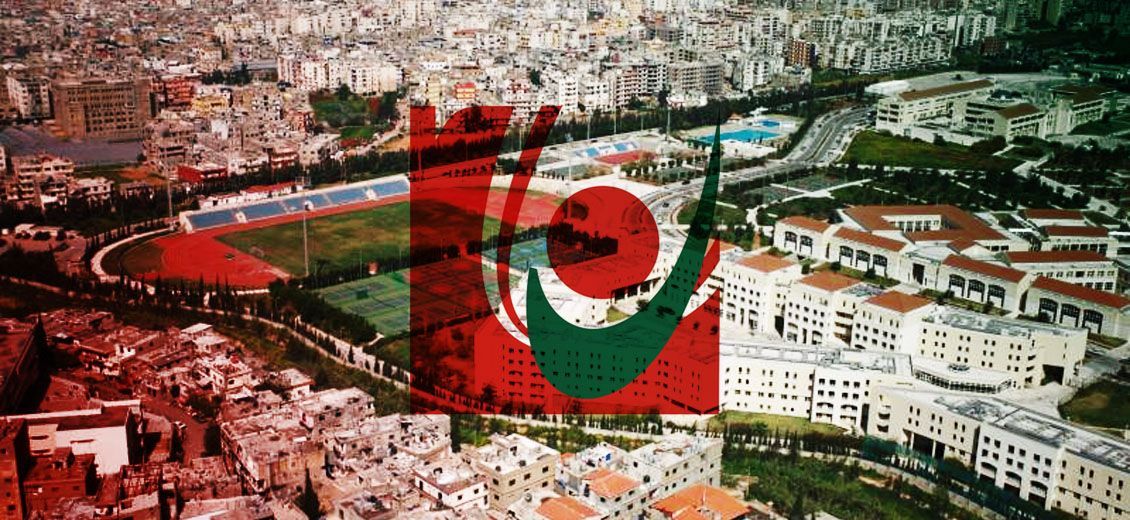
The investigation into the grade-tampering scandal at the Faculty of Law of the Lebanese University has reached a turning point. Earlier this month, the public institution was rocked by revelations that exam scores had been falsified in favor of several Kuwaiti students.
According to information reported by the local TV channel MTV, and on the orders of Mount Lebanon’s public prosecutor, Judge Sami Sader, State Security arrested on Wednesday the head of one of the faculty’s departments, Mojtaba Mortada, along with its secretary-general, Tarek Bakri. Several others suspected of benefiting from the falsifications were also taken into custody.
The investigation continued Thursday with the questioning of individuals involved in entering grades into the university’s Banner electronic system, covering both undergraduate and master’s programs. Among those named is Fadi Abou Dayya, accused of directly profiting from the grade manipulation.
A Scandal Sparked by a Routine Request
The case was uncovered following a seemingly routine email from the Kuwaiti Embassy’s cultural office in Beirut to the Faculty of Law. As part of its regular procedures, the embassy sought to verify the academic performance of one of its students enrolled at the university.
What began as a standard administrative request quickly escalated when the head of a department at the faculty uncovered serious inconsistencies in the student’s exam papers: altered scores, swapped pages, and forged signatures.
A broader review uncovered a pattern. Failing grades were mysteriously upgraded to passing or even high marks, sealed exam envelopes had been tampered with, and some test papers showed signs of having been rewritten after submission.
The matter was immediately reported to the university president, Bassam Badran, who ordered the secure lockdown of the room storing the exams and appointed an internal committee to investigate. But before the university’s own procedures could unfold, State Security forces intervened with a judicial warrant, confiscated the exam materials, and began questioning administrative staff.
The Lebanese University now finds itself in the midst of a full-blown crisis.
Administrative Shake-Up
In just 48 hours, a series of swift disciplinary actions were taken: the department director was suspended, the Faculty Secretary replaced, and six staff members and contractors were removed from their posts due to suspected involvement in the scandal.
The university’s leadership stated that these steps were necessary to “ensure the neutrality and transparency of the investigation.” Samer Abdallah has been appointed as acting department head while the internal inquiry continues.
University President Bassam Badran has also promised a “thorough and transparent” investigation and emphasized that no “official will be shielded by political protection.”
Parallel investigations, one internal, the other led by State Security, are currently focused on five exam papers tied to three Kuwaiti students. According to An-Nahar, the falsified grades were identified before they could take legal or academic effect; none of the students had yet benefited from the changes.
Investigators are now working to determine exactly when the tampering occurred: during grading, during the entry of results into the university’s system, or after the papers were archived. Handwriting experts have also been brought in to analyze questionable writing and compare the authenticity of professors’ signatures.
A History of Scandals
The Lebanese University is no stranger to allegations of academic fraud.
In 2018, the media uncovered cases of fake degree certificates issued to foreign students and tampered academic records within the Faculty of Law. At the time, then-president Fouad Ayoub dismissed the claims as “malicious rumors.” The case, like many before it, quietly disappeared.
Between 2012 and 2020, multiple internal reports flagged similar issues across various faculties: swapped exam papers, altered grades, and political interference in hiring. Investigative committees were formed, sanctions were promised, yet no meaningful accountability followed. The same corruption returned each time: political influence over appointments, no external oversight of grades or exams, and a culture of secrecy and impunity.
In the latest case from the Faculty of Law, the university’s standard procedures — dual grading by two professors, anonymous exam scripts, and sealed envelopes — were meant to prevent manipulation. But those protections become fragile when politically connected insiders have access to archives and digital records.
According to university sources, this kind of manipulation has existed for years. Some staff reportedly exploited the presence of foreign students, particularly Kuwaitis and Iraqis, by adjusting grades in exchange for money, often with the help of administrative officials.
“There’s a parallel market of merit where everything is for sale: seats, exam results, even degrees,” one source close to the investigation told local media.
The university leadership now promises swift publication of the investigation's findings and insists on “full transparency.” But many within the academic community remain skeptical. While some hope this case might finally trigger structural reform, others fear it will be quietly buried, once again, in the name of preserving institutional stability.
The real question: will this be a turning point, or just another missed opportunity for accountability?



Comments